Homes with consistently high humidity need a dehumidifier. Various factors contribute to humidity in your indoor air. The need for a dehumidifier depends on your location, local climate, and specific indoor conditions. So, you need one if you live in a region prone to high humidity.
However, those who live in dry, cold climates may not need dehumidifiers. These are commonly found in households that experience persistent humidity above 50%. Houses with good insulation are also prone to high indoor humidity problems due to poor ventilation and reduced airflow.
Let’s find out in detail the signs that your home needs a dehumidifier, why you should choose one, and how to get the most out of it.
Do Most Homes Need a Dehumidier?
While not every home needs a dehumidifier, it can be an invaluable device to maintain a comfortable environment in areas where humidity remains high. So, many homes can benefit from it.
High humidity can cause various problems. It might make you feel sick and comfortable. Also, it can damage your goods and property. You need to timely address these issues before they damage your health and house.
So, let's check out the signs your home needs a dehumidifier.

1. When Your Home Needs a Dehumidifier?
Your home needs a dehumidifying system when there is excess moisture in the indoor air. How do you know this? Your indoor air is too humid when…
Your home feels sticky. Naturally, our bodies sweat to cool down in hot weather. This sweat evaporates into vapor, making us feel cooler. However, when there is excess moisture in your indoor air, it cannot absorb more moisture. This prevents sweat from evaporating, causing us to feel sticky.
Your home air smells musty. Humid air retains temperature and can also trap smells. A humid indoor environment promotes mold buildup. As mold develops, it releases spores into the air, which enter your body when you breathe. This makes your indoor environment feel stale and unhealthy.
There are water stains on the walls. Check your ceiling and walls for water stains, which can be a sign of high humidity. These typically appear as discolored blotches caused by condensation of water vapor in the air. If not addressed promptly, this can cause structural damage.
There is mold buildup in the corners. Mold and mildew grow in damp areas such as basements, crawl spaces, and corners with persistent moisture. They may appear as green or black patches. If not dealt with in time, mold can pose health risks, especially for people with allergies or asthma. A dehumidifier for mold can be an effective solution for mold problems.
The windows are foggy. Foggy windows are another indicator of high humidity. Excess moisture in the air condenses on surfaces like windows. Prolonged exposure to high humidity can lead to mold growth and damage to window frames.
Certain rooms, such as kitchens, washrooms, basements, and crawl spaces, are more prone to high humidity due to factors like poor ventilation and proximity to the ground. These areas can spread humidity to other parts of your home. Regularly check these areas to avoid potential problems and improve air circulation. If conditions are severe, consider using a large dehumidifier.
2. Why You Should You a Dehumidifier?
Why is high humidity a problem and do you need a dehumidifier? Some people ignore the need to use a proper solution to remove humidity, thinking a little humidity isn’t a big deal. Well, you should know this little dampness in your house can cause more problems than you think.
Humid environments are breeding grounds for mold and mildew. They trigger health issues such as allergies and respiratory problems, particularly for sensitive people and asthma patients. Damp indoor air can also damage your goods and buildings. Too much moisture harms wood, causes wall paints to peel, and even damages your building's structural integrity.
Pests such as bugs, termites, and carpenter ants thrive in moist environments. Some of them, such as termites, particularly feed on wood. So, these can really harm your house parts involving wood. If not properly addressed, these pests can weaken the structure. This can lead to costly repairs. Moreover, if indoor air is too humid, your air conditioner needs to work harder to cool your home. So, it uses more energy due to the extra load. This leads to higher energy bills.
3. Which Dehumidifier to Choose?
You live in a humid climate. Or your home is poorly ventilated. Whatever the reason, you should use a dehumidifier if your indoor humidity persistently remains above 50%. Remember, dehumidifiers are designed for different spaces and conditions. You need to choose one that best fits your house.
A standard portable dehumidifier works fine if you want to use it for a single room or small space. If you want to control humidity throughout your entire house, a whole-home dehumidifier can be the right option.
When buying, look for the moisture removal capacity of the dehumidifier, measured in pints of water removed per day (PPD). The more humid your home is, the higher capacity you’ll need. You should choose a model that is energy efficient to save on your electricity bills. So, look for a model with ENERGY STAR certification.
Furthermore, dehumidifiers come with various features. Some models have built-in pumps, hoses, automatic shut-off, and smart features that you can control remotely. You should choose a dehumidifier with features that help you better solve your humidity problem. For instance, if you choose a dehumidifier with a drain hose for your basement or crawl space, you won’t need to empty the water tank manually.

What are the Benefits of Using a Dehumidifier?
The benefits of using a dehumidifier are many. A high-quality dehumidifier improves your indoor air quality. It removes excess moisture from the air. This helps prevent mildew and mold growth and reduces airborne allergens.
Also, it enhances your comfort. When the moisture level is low, the air becomes cooler even at higher temperatures. As the relative humidity is low, sweat can easily evaporate. This leads to enhanced comfort. Water damage is a major concern for homeowners living in humid regions. Using a dehumidifier helps protect your building, furniture, and other belongings from water damage.
Humid environments smell musty. A dehumidifier with an activated carbon filter is the perfect solution to remove unpleasant odors. Another advantage of using a dehumidifier is energy savings. When you use an ENERGY STAR-rated dehumidifier, it reduces the burden on your home HVAC system.
Remember, to get the most out of your dehumidifier, you prioritize its maintenance. So, make sure you regularly change the filter, empty the water tank, and clean the dehumidifier coils.
Read this to know more about the essential tips for dehumidifier maintenance.
Conclusion
While not all homes need dehumidifiers, many homes with high humidity issues can benefit from them. They can effectively control indoor humidity and create comfortable indoor environments. Also, they can protect your home from water damage and mold buildup.
Damp air triggers allergic reactions, so these appliances are highly helpful tools for sensitive individuals and asthma patients. They can even help save on your energy bills. Why not use one if a small investment and effort can save you from a lot of problems and enhance your comfort?
If you’re still not sure whether your home needs a dehumidifier, you can explore our website or contact our support team right now. At Baseaire, our support team will help you find the best dehumidifier for your home.

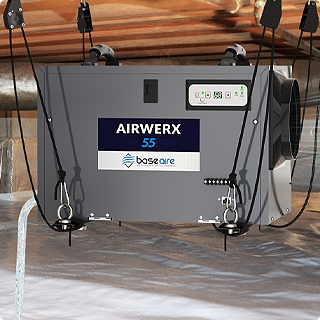
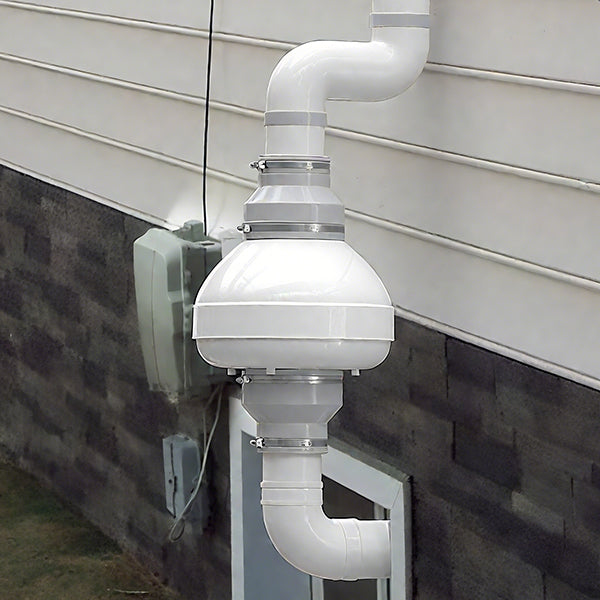
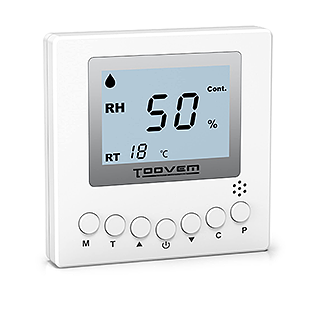
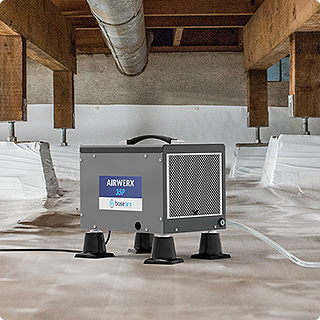
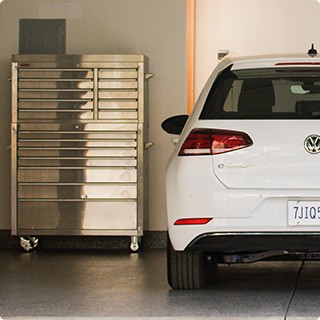
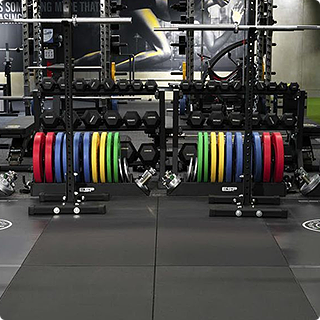


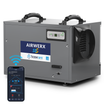
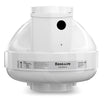
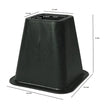
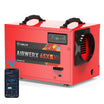

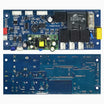
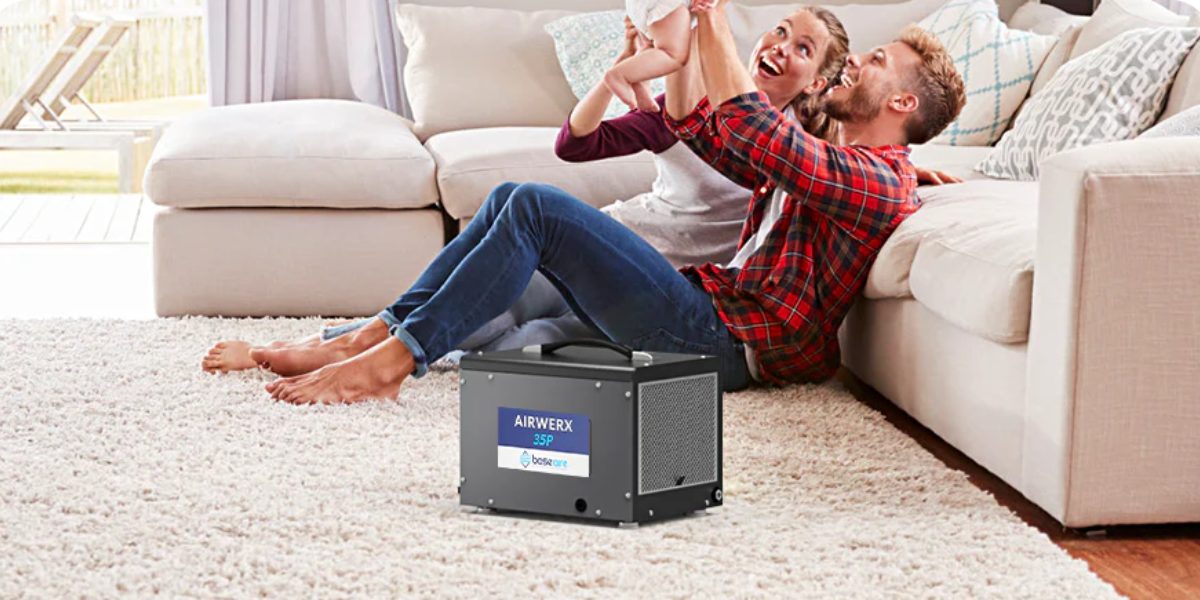
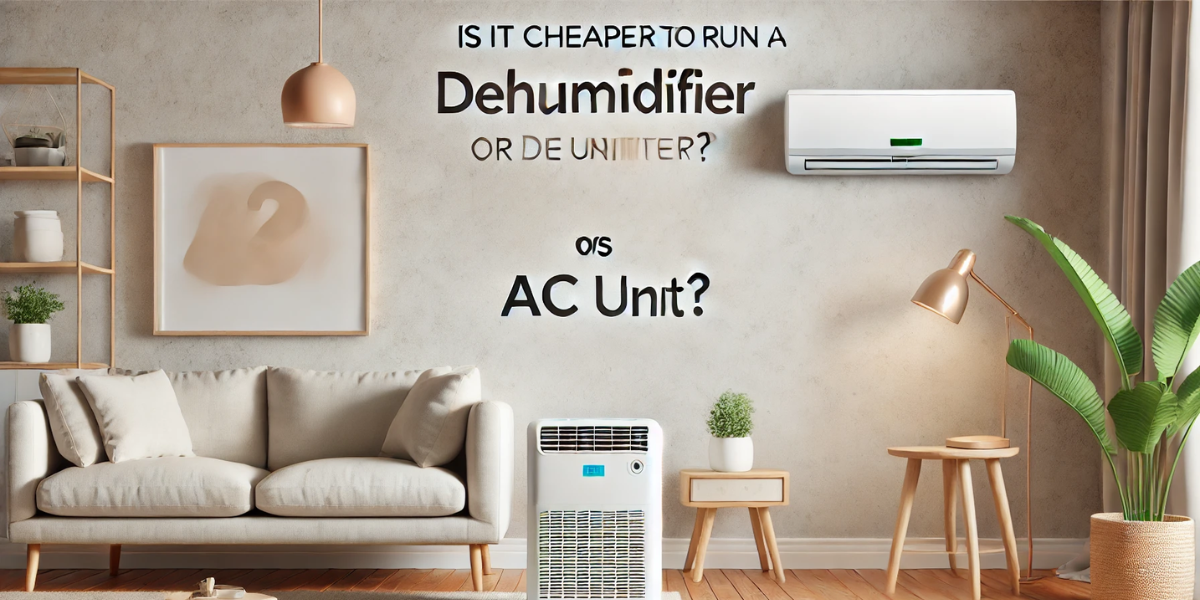

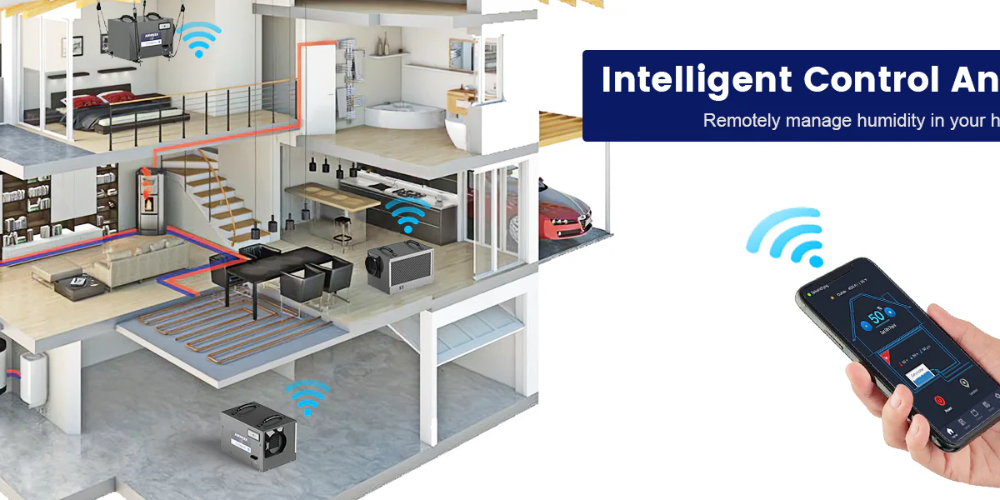




Hinterlasse einen Kommentar
Alle Kommentare werden vor der Veröffentlichung geprüft.
Diese Website ist durch hCaptcha geschützt und es gelten die allgemeinen Geschäftsbedingungen und Datenschutzbestimmungen von hCaptcha.